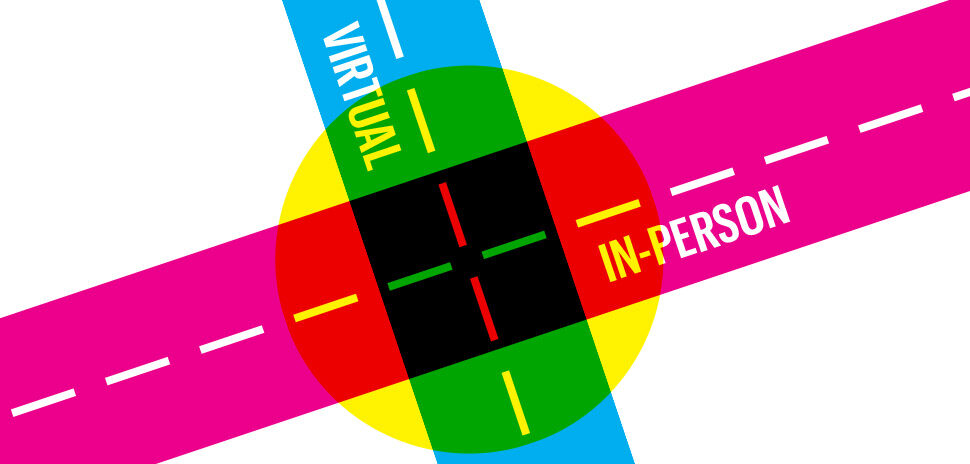SMU education experts have some good news for school leaders considering how to help students recover from the COVID-19 “learning slump”: Students can recover.
But don’t let those catch-up plans “speed past the basics,” caution the experts from SMU’s Simmons School of Education and Human Development.
As education leaders are challenged with efforts for a safe reopening of schools, they are also considering how to help kids with the learning loss from a year of closings and virtual instruction.
The SMU researchers advise teachers to “meet students where they are now, and teachers will need classroom help to be successful.”
Measures like “extended days, smaller classes, and summer school will succeed only if school leaders back them up with proven research,” they say.
Five SMU experts have advice. Here’s what the research shows, in their own words:
Don’t wait: Train teachers to give quick assessments in the classroom now
Teachers can be trained to give quick math and reading assessments in the classroom to determine student levels and begin teaching to their various levels while waiting for results and interpretation of standardized tests, says literacy expert Diane Gifford.
Meet students where they are now, and build upon it
Research shows catch-up plans cannot speed past the basics. Reading must be taught in a careful sequence with an emphasis on phonics, says SMU reading expert Jill Allor. Skipping any step can lead to lifelong struggles.
Reading instruction must be phonics-based
Children who have difficulty reading most often have trouble with the ability to understand how letters relate to sounds, says reading specialist Jill Allor. “Research shows that students who struggle most often need more systematic and explicit phonics instruction. Some very popular reading programs are not consistent with research. If schools use these programs for intervention, many students will continue to struggle.
Reading must be priority for grades K-2
Students should learn the foundational skills necessary to read by the end of second grade. When students have gaps in their learning, they are likely to struggle until those gaps are filled. Even before COVID-19, 65 percent of fourth-graders in 2019 were reading below grade level, says literacy expert Diane Gifford.
Math must get a bigger piece of the classroom day
Math mastery is also cumulative, “If students miss a concept—addition, for example—it will hinder them from understanding concepts they’ll learn later, like multiplication,” says Leanne Ketterlin Geller. Students will need more math instruction than the standard time allotment if they are to catch up.
Time to teach math in a new way
COVID-19 has compounded systemic root problems in mathematics instruction, says math education researcher Annie Wilhelm. The current model of teaching math as a series of disjointed topics limits students’ development of conceptual understanding. Instead of being taught a new set of procedures to master, students need to wrestle with how new ideas might fit with things they already understand.
Stop paddling the canoe upstream at 5 mph
Research shows that the most effective math instruction is relevant to students’ lives and interests and based in real-world problems. In-person teaching can use technology to re-ignite students’ interest by using augmented reality, virtual reality, artificial intelligence, and game-based learning to simulate real life in math problems, says math curriculum expert Candace Walkington.
Support the teachers with classroom help
If 20 kids out of 25 in a classroom are struggling, a teacher will need help, Allor says. “Teachers are the orchestra directors, they can’t be the section leaders too. They will need paraprofessionals, aides and volunteers to help students catch up.” Job one for the teachers, says Candace Walkington, will be helping students recapture their imaginations and love of learning.
![]()
Get on the list.
Dallas Innovates, every day.
Sign up to keep your eye on what’s new and next in Dallas-Fort Worth, every day.

































































